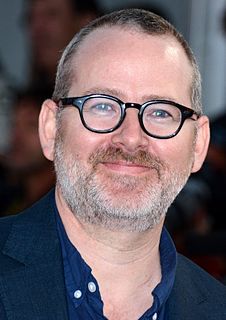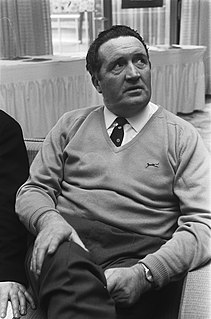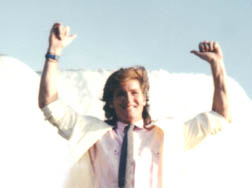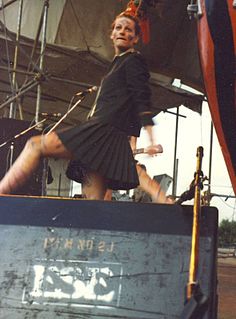A Quote by Adam Gopnik
I rush to add that I find the Web infinitely useful for rustling up information, settling arguments or locating the legends of rock stars.
Quote Topics
Related Quotes
When I was a kid and my parents started talking about politics, I'd run to my room and put on the Rolling Stones as loud as I could. So when I see all these rock stars up there talking politics, it makes me sick... If you're listening to a rock star in order to get your information on who to vote for, you're a bigger moron than they are. Why are we rock stars? Because we're morons. We sleep all day, we play music at night and very rarely do we sit around reading the Washington Journal.
All thoughts are just junk. Essentially, they are coming from the limited experience of past. These thoughts are useful for your survival process. You've picked up some amount of information; you want to survive in the world; this information is useful. If you're looking at life itself, these thoughts are meaningless.
We started with things like locating ski runs or locating a transmission line corridor or locating a new town or doing a coastal zone plan. We ourselves weren't doing the planning work, but we were doing all the mapping work for the landscape architects and planners who would subsequently incorporate the maps into their actual designs.





































